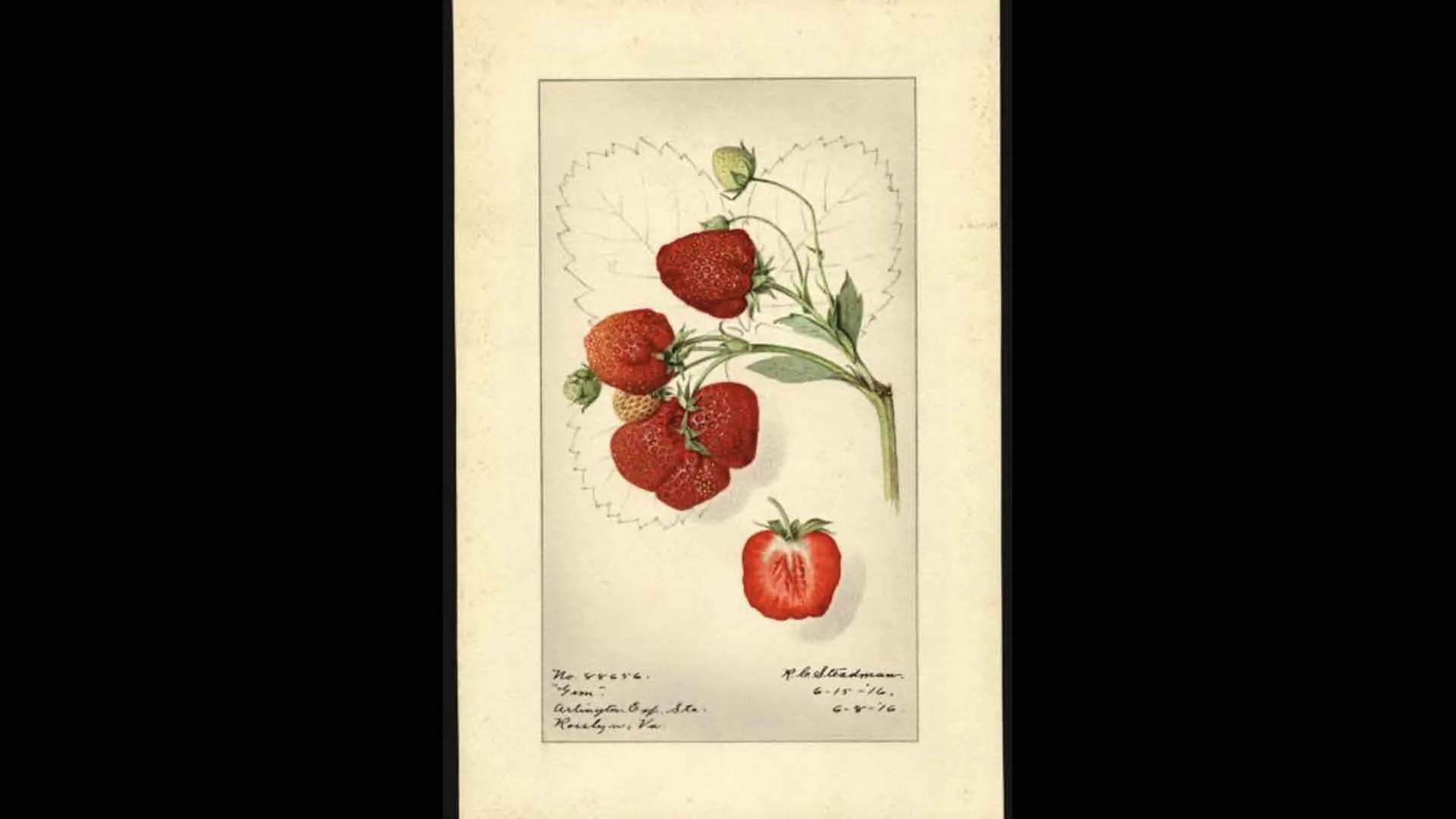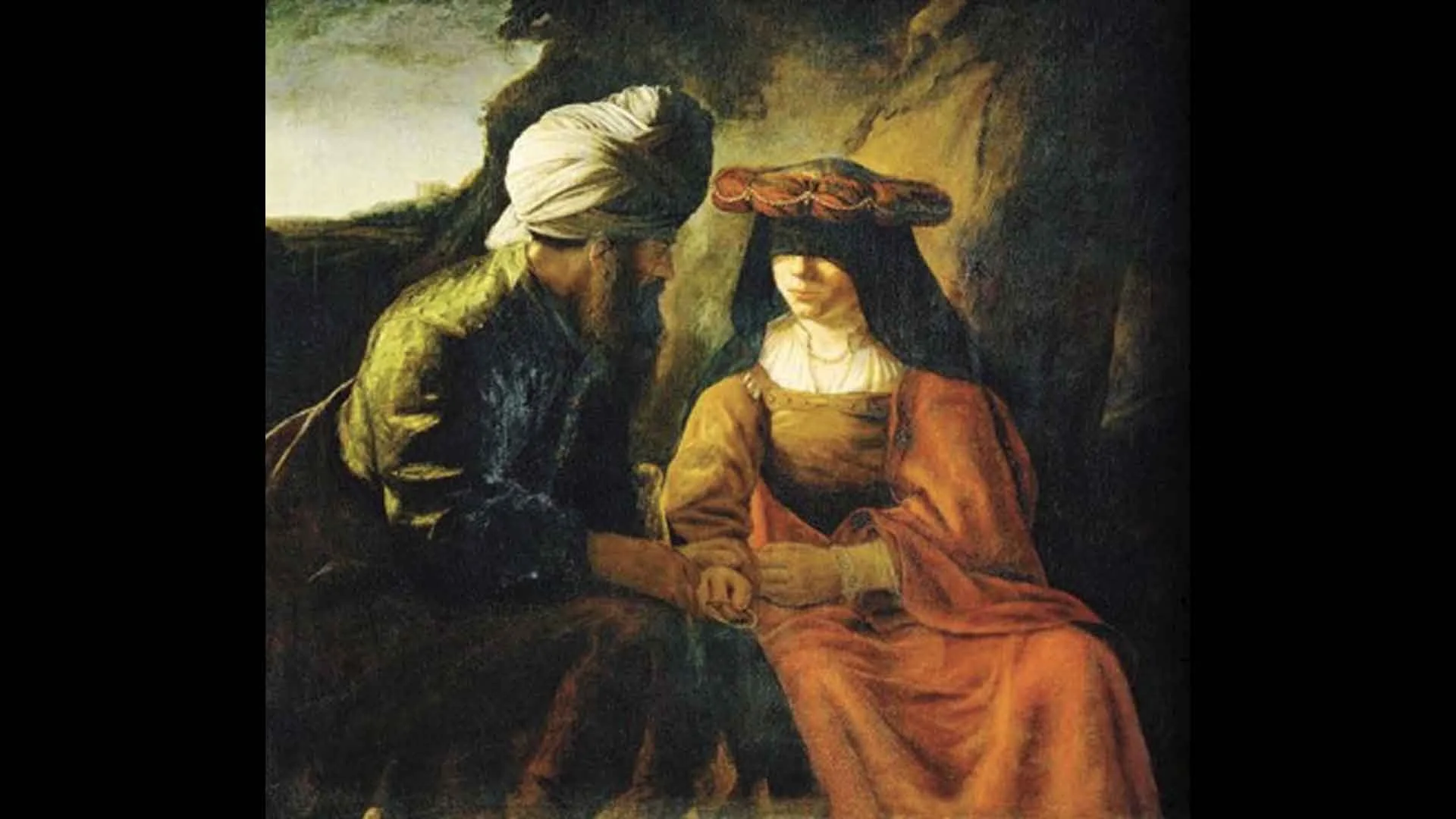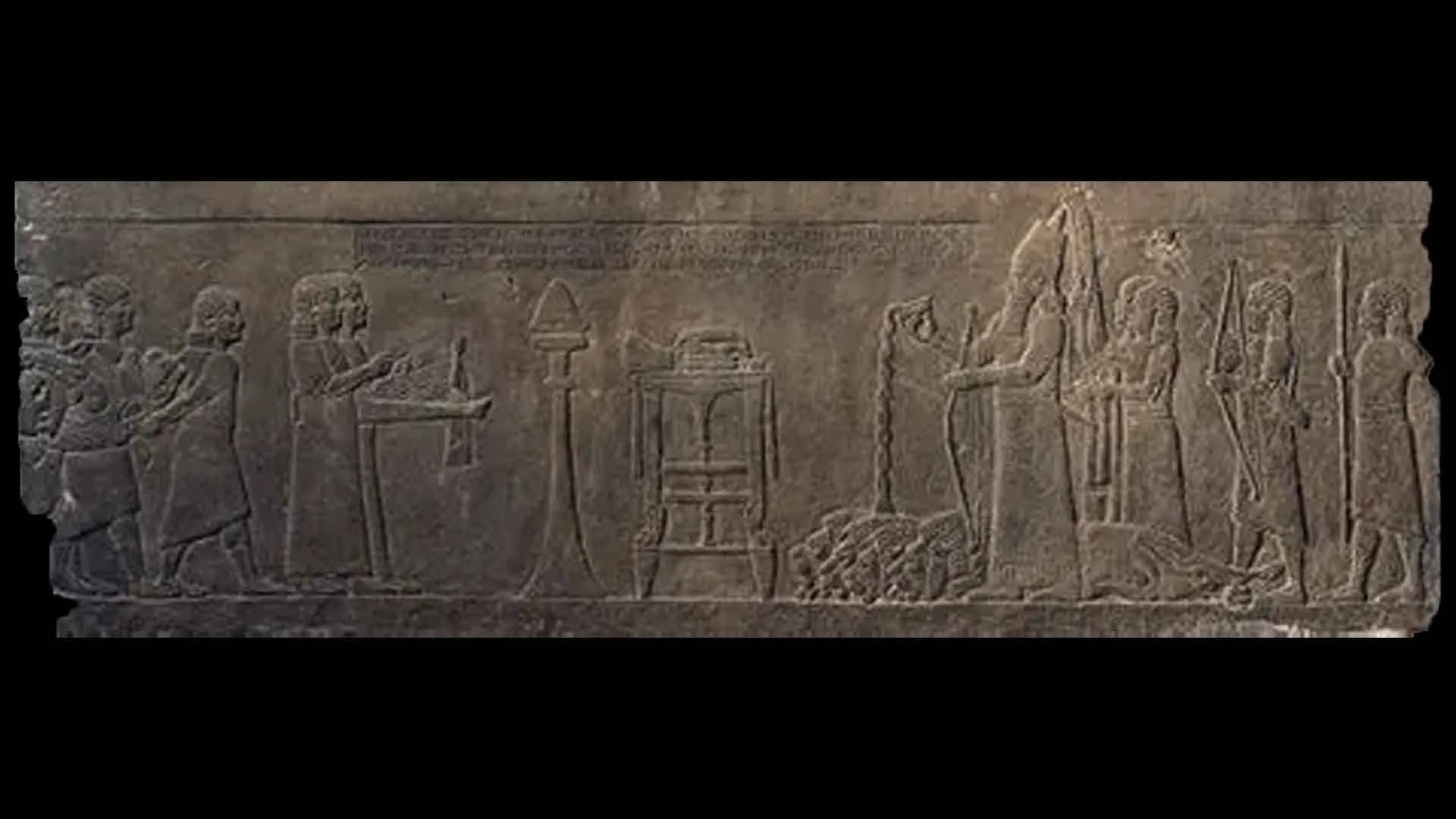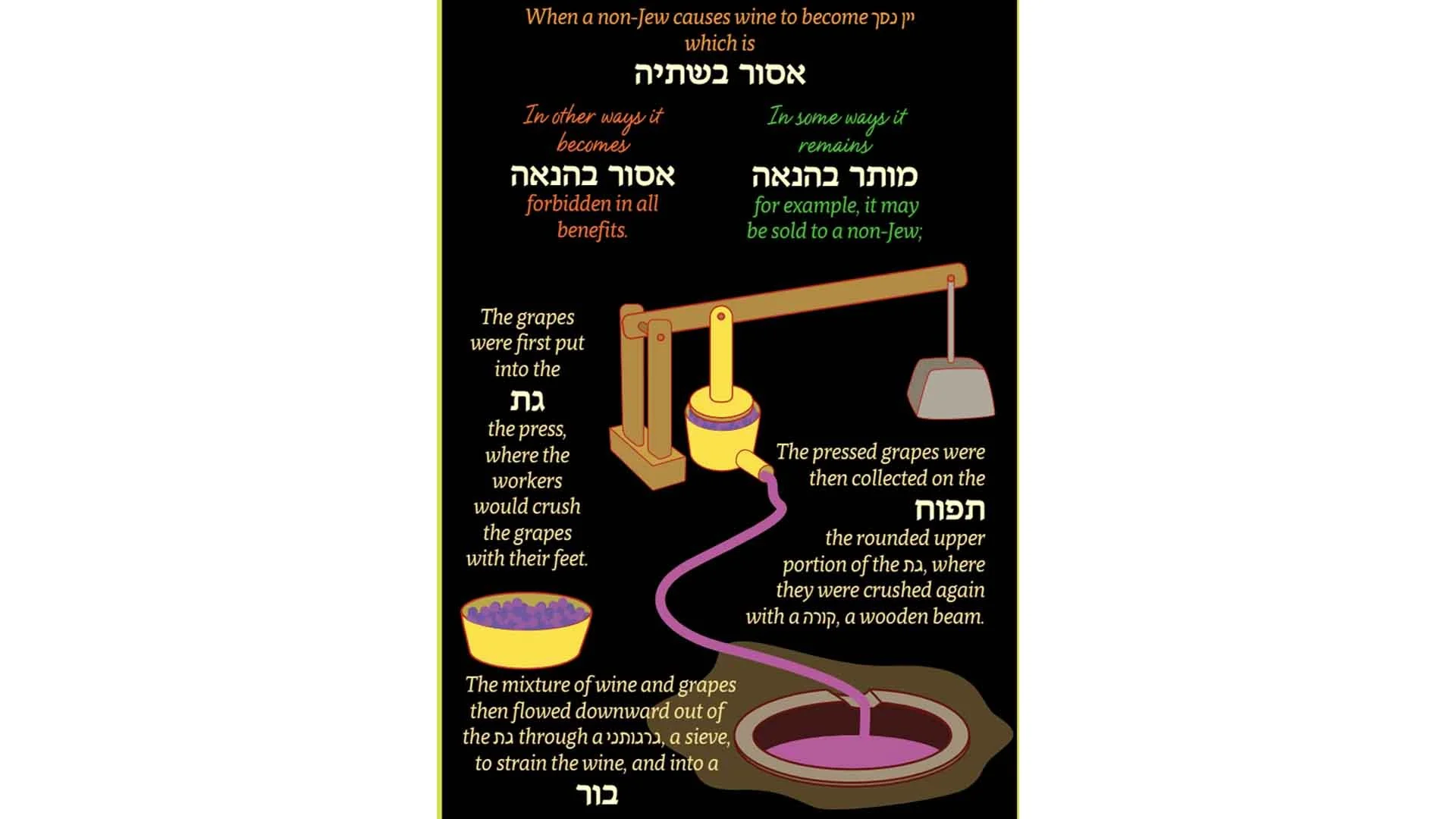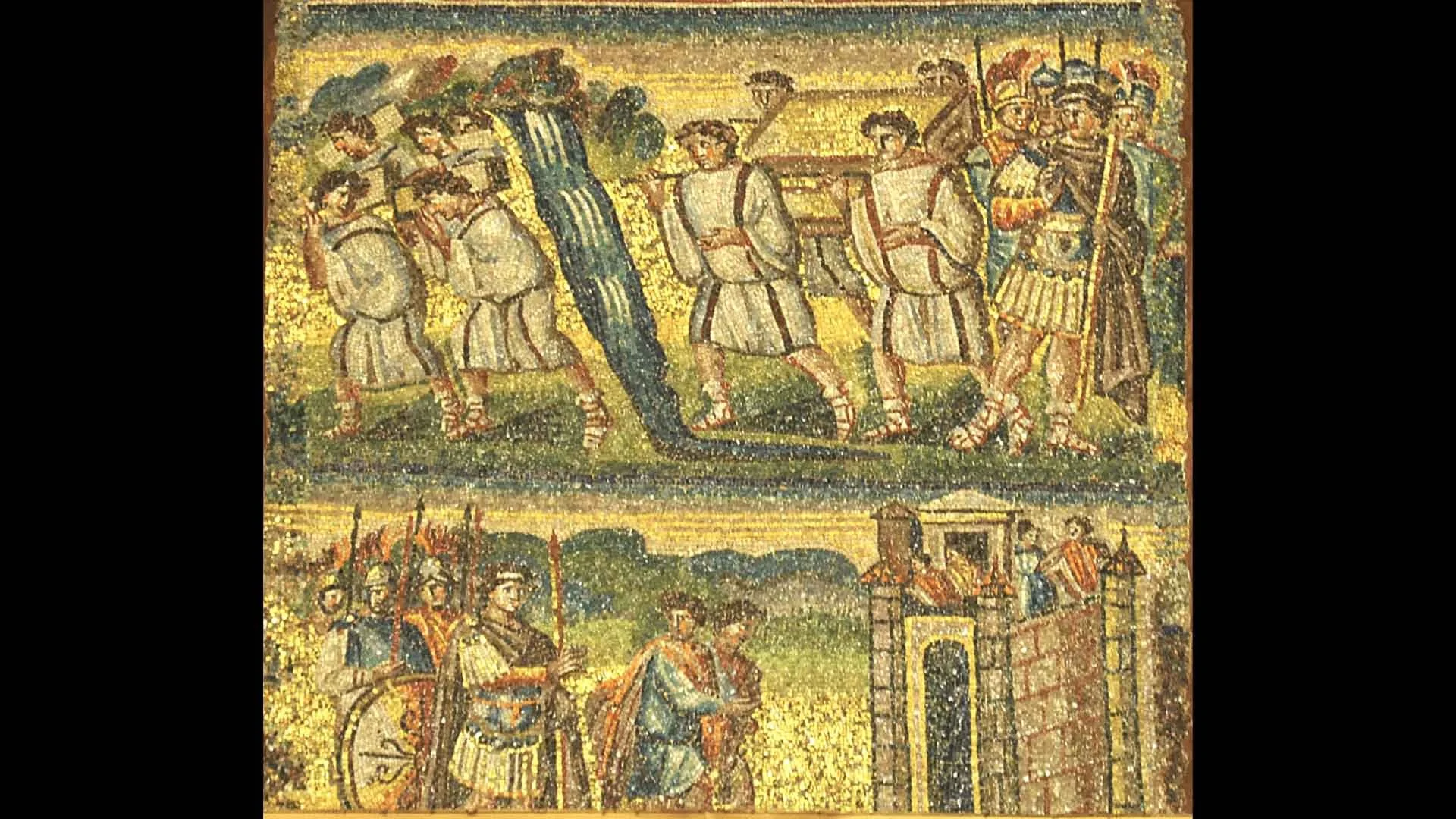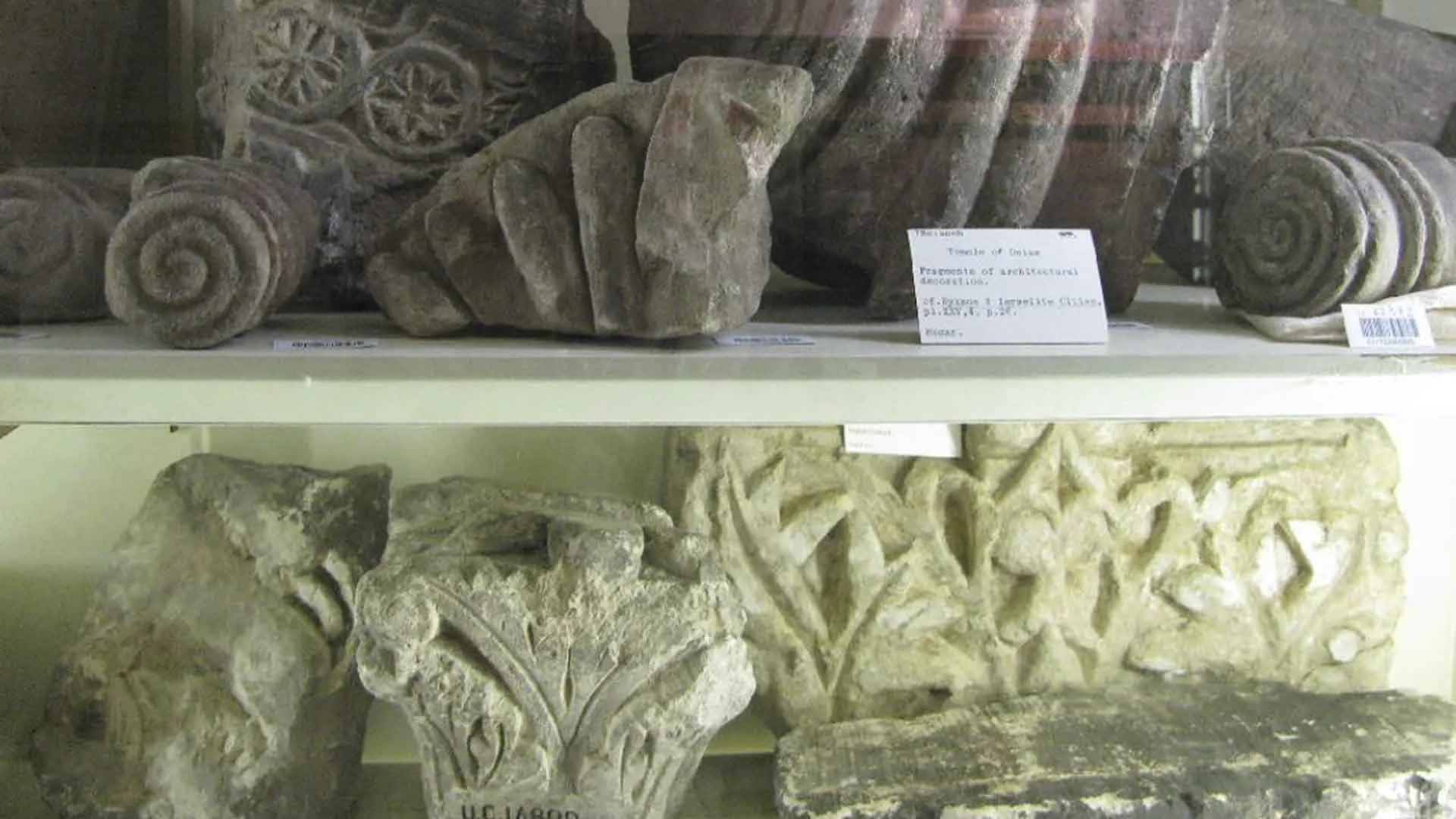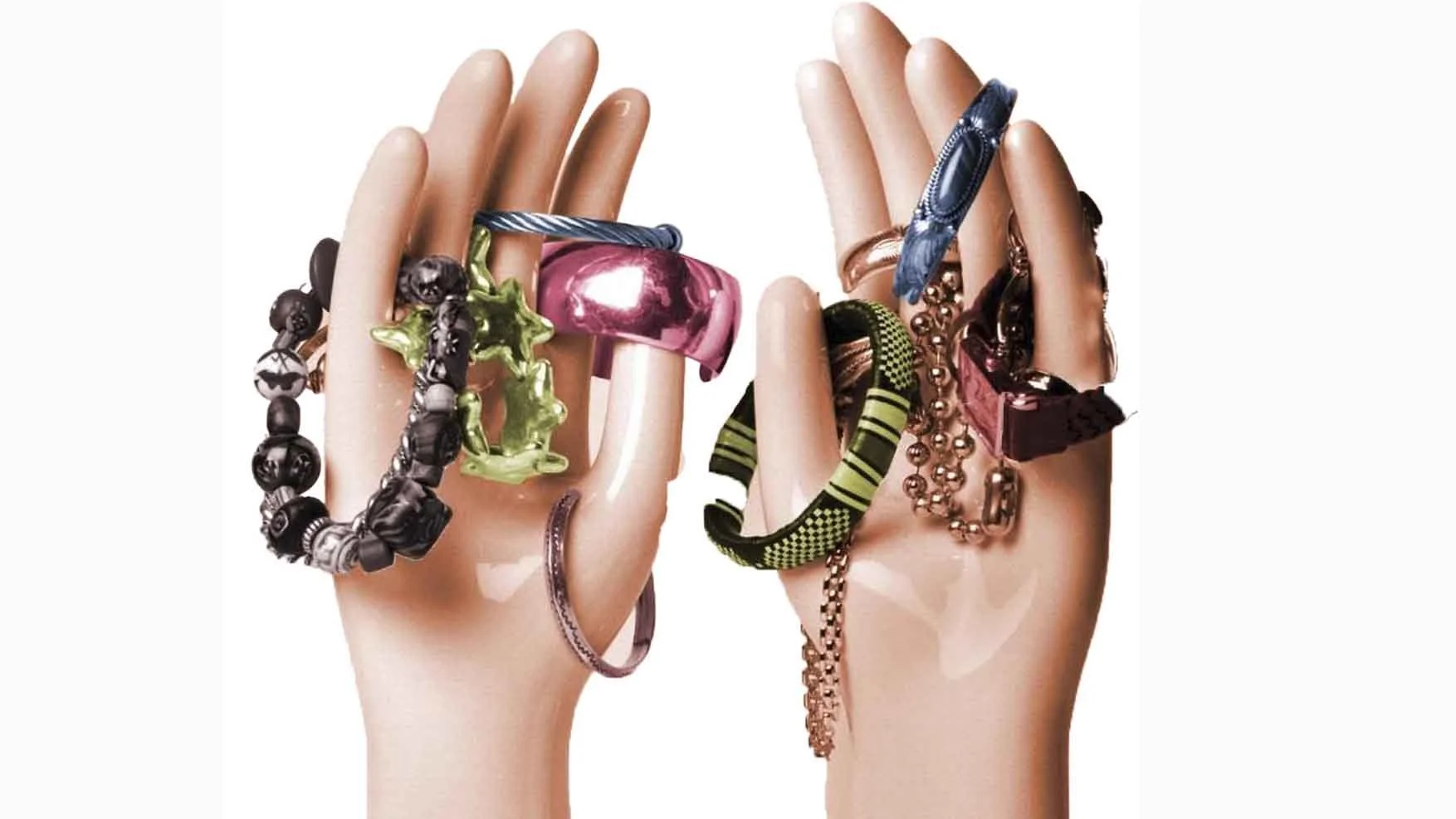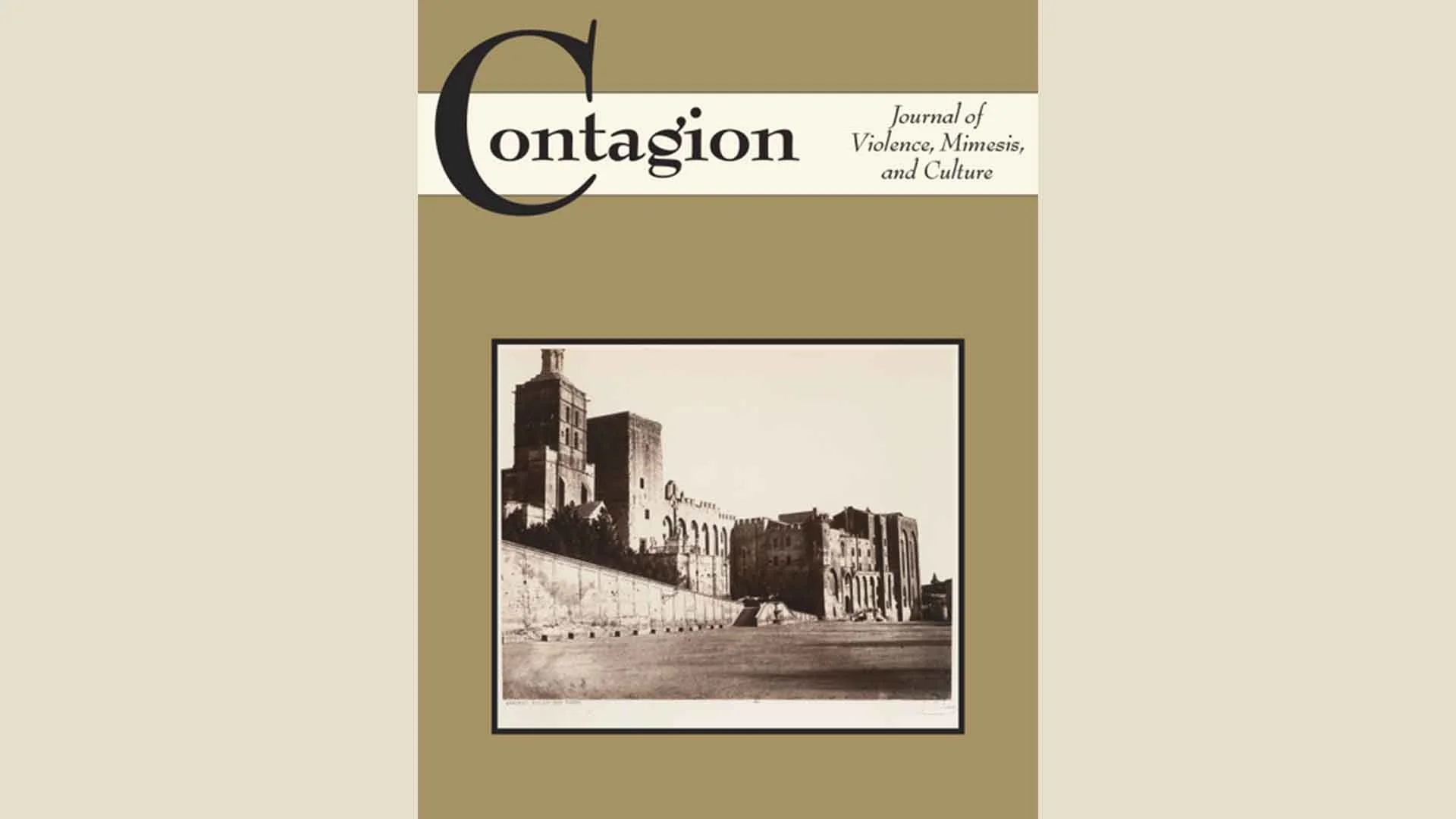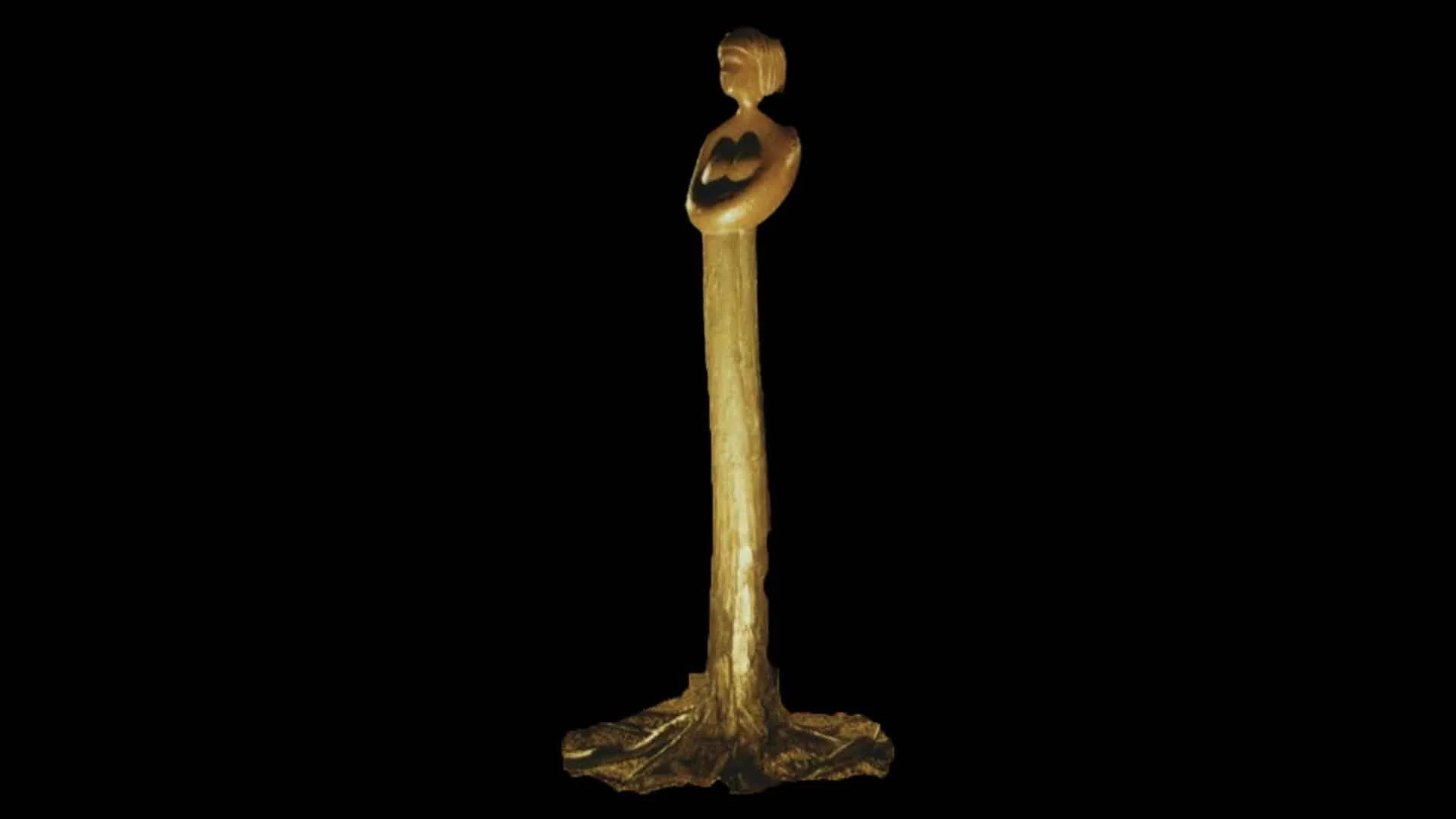For the source text click/tap here: Avodah Zarah 66
To download, click/tap here: PDF
The Gemara discusses a case in which a Nochri made holes in the top of his wine barrel in order to determine the amount of time it would keep fresh. Is a Jew allowed to smell this wine for the Nochri, or is that considered having benefit from Yayin Nesech?
TOSFOS (DH Yisrael) points out that the Gemara must be referring to a case in which the Jew smells the wine for free, and the Nochri does not consider this as a favor from the Jew for which he owes his gratitude, because otherwise this act would be forbidden (the Jew would be receiving tangible benefit for working with Yayin Nesech).
Abaye answers that smell is included in the prohibition against deriving benefit from Yayin Nesech. Rava argues that smelling the wine is permitted, because smell is not considered a benefit, and thus the Jew who smells the wine does not benefit from Yayin Nesech.
We explore the Halacha of smell.


